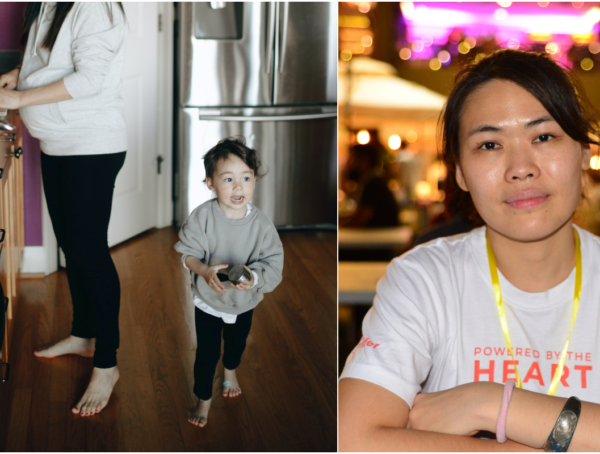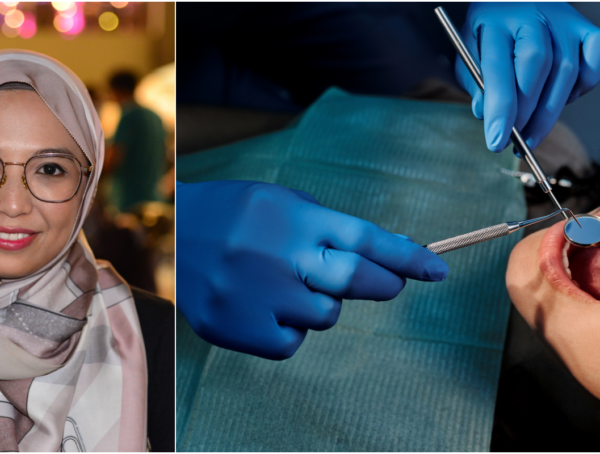Disclaimer: In Real Life is a platform for everyday people to share their experiences and voices. All articles are personal stories and do not necessarily echo In Real Life’s sentiments.
I was born with a nerve defect that caused me to lose my hearing. I was 4 before my parents realised that I wasn’t like the other kids. I had to read their lips to understand them.
When my parents found out about my condition, I got my first pair of hearing aids. These hearing aids would amplify the sounds around me. They helped me hear better, but so far, I could only hear 10% of the sound. Rock music played at the maximum volume was barely a whisper to me.
Needless to say, I still relied heavily on reading lips.
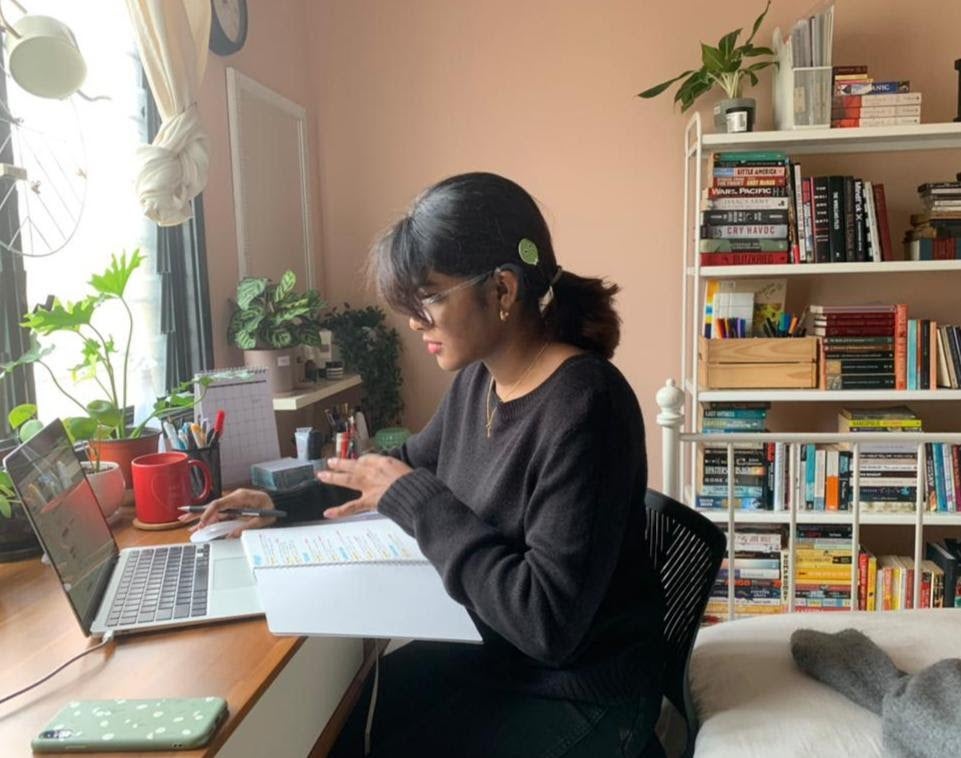
At 18, I got a cochlear implant. That’s a device that electrically stimulates the nerve for hearing. It helps someone with hearing difficulties improve their ability to hear.
Now, I can hear up to 60% of the sounds, which is huge for me. They’re more distinguishable and clearer but I still rely on lip-reading since I am not used to hearing words.
I was an easy target for bullies
When I was 7 and had to start school, there weren’t many schools for deaf children. Private or international schools were impossible options as my parents could not afford them.
Naturally, since my hearing aids were visible, I stood out like a sore thumb in a school filled with able-bodied people. Therefore, I became an easy target of bullying. The students would mock me.
Until today, I vividly remember the kids shouting at me, “Pekak!!” (Deaf). Each insult was followed by ripples of laughter at my expense.
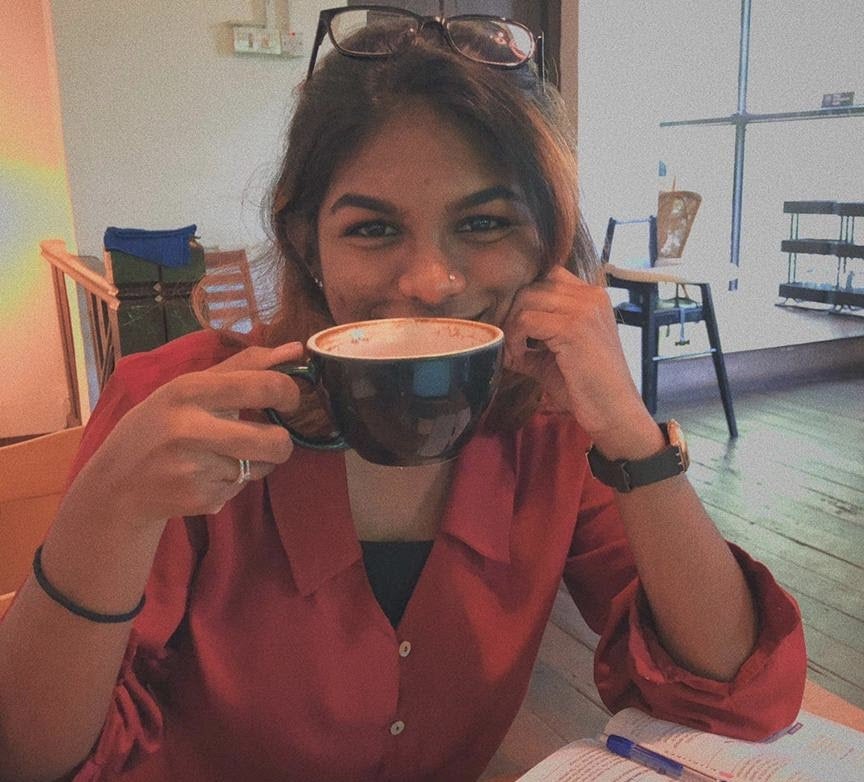
Very few teachers at my school cared to accommodate my struggles.
Some would make me read out loud in class. The students, sometimes the teachers themselves, would mock me for how my voice sounded. Now, many years later, I still remember the humiliation and the hot flush of embarrassment each time this happened.
Spelling and dictation were my biggest enemies. I could never pick out what the teachers were saying, and would always just copy my friend’s work.
What still stings were those times I was excluded from dance and sporting events, even though my hearing would not have affected my performance in any way.
I was deaf, not physically disabled. I could dance or play sports like any other child. Why was I excluded?
I yearned to be like my peers. If only everybody would see me as worthy like everyone else.
The school system is ableist
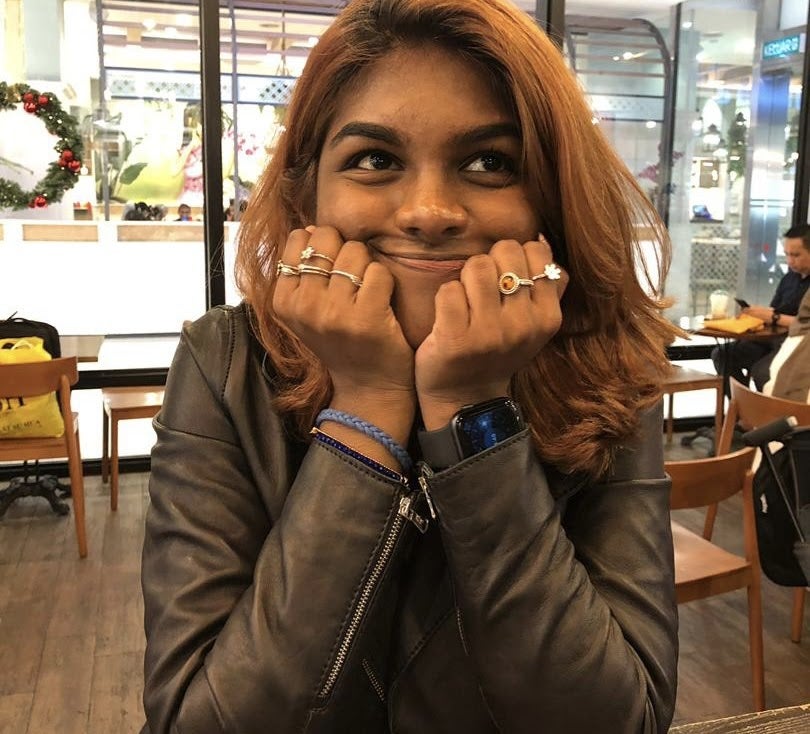
When it came down to it, the school system failed me.
It is too rigid. The educators do not have leeway to assist children with disabilities — mental or physical.
Sure, some teachers showed that they cared. They would make time to see me during recess and clarify any doubts I had. However, they couldn’t do anything to alleviate my actual struggles.
Not everyone is neurotypical and able-bodied
You cannot expect every child to perform in a specific structure.
In my case, you cannot expect a deaf child to perform as well as an able child. We need assistance to level the playing field.
For example, teachers could provide disabled students with extra hours or even assign the deaf students seats at the front of the class. It does not sound like much, but it honestly makes a huge difference.
Of course, incorporating sign language into the syllabus for everyone, especially teachers, would be a huge leap forward. They do that in some schools in the States.
But I doubt that Malaysia would ever follow suit. Here, there’s an unspoken rule that we have to conform to the majority, not the other way round.
That’s why there’s so little disability access for people with wheelchairs, blind people, and people who are deaf. Malaysians simply treat us like we don’t really exist.
At the very least, teachers could teach basic sign language as part of their normal syllabus. It would only take one or two classes to do.
Eventually, I excelled at my studies because my mother spent hours with me going over my schoolwork in the evening. Nonetheless, I can’t help thinking of those who do not have that privilege.
Will the school system fail them the way it failed me?
For more stories like this, read: At Age 27, I Was Diagnosed With Breast Cancer. Here’s How I Became A Survivor and ReMission: Surviving Life After Cancer.
You might also like
More from Real People
‘A RM100 fee cost a company 5 years of revenue’ shares M’sian
This story is about a Malaysian who learned that bureaucracy can be defeated simply by not arguing with it.A billing …
‘I quiet-quit, upskilled, and tripled my salary,’ shares M’sian engineer
This story is about a Malaysian who learned that loyalty without leverage leads nowhere in the corporate world.After years of …
‘I did everything right, and it still wasn’t enough’ shares M’sian graduate
This story is about a Malaysian graduate navigating big dreams in a job market where a degree no longer guarantees …






